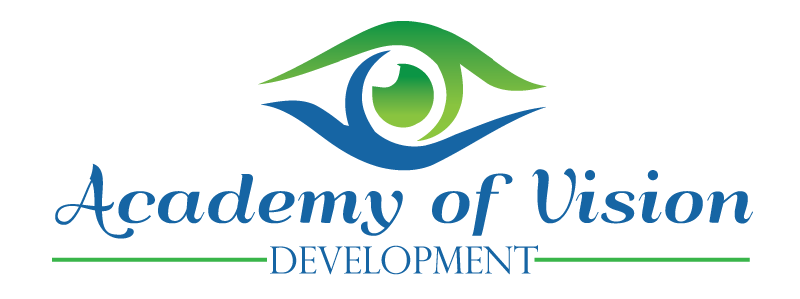Mary was an excellent student prior to third grade. Then the teacher began calling home to report Mary’s struggles in math, spelling, handwriting and reading. She would reverse letters and numbers and make up words while she was reading. Her mother noticed that Mary was always exhausted after a day in school and didn’t want to play any sports or even play with friends. Homework was a constant battle.
Mary visited the school nurse many times with complaints of blurry, watery eyes, and head and stomachaches. Neither the school vision screening nor the yearly pediatric physicals uncovered any vision problems. Mary read the eye chart and her vision was reported to be OK [20/20].
Mary’s mom saw an ophthalmologist speaking on television and says, “I couldn’t believe the description of a ‘vision-based learning problem’ – it was Mary!”
The vision therapy ophthalmologist’s examination revealed visual-motor problems, double vision, and a condition called convergence insufficiency. Convergence Insufficiency is a condition where both eyes do not aim at the same spot at close range, such as for reading. This causes double vision and great fatigue when trying to focus on printed material at reading distance. The strain of trying to focus causes headaches, stomachaches, and an inability to concentrate on and comprehend what is being read. Because third grade is the time when textbook print becomes smaller and children are required to read much more than in previous grades, Mary’s symptoms did not appear earlier.
The visual motor problems (how we coordinate our movements) would explain why Mary didn’t want to participate in sports: the eyes control and direct many of the body’s movements and her eyes were unable to do that effectively.
In the fall of 2001, Mary entered a program of Vision Therapy; as a result, her life is now very different. By the end of third grade, she was excelling once again in all subject areas. Mary’s teacher noticed a dramatic improvement in her daily performance and attitude, and reading had become a “pleasure” instead of a chore. Mary now went off to school willingly. There were no more daily battles to send her off, and she was not exhausted after school.
Mary’s mom wrote, “there has been a dramatic change in Mary’s daily performance and attitude. Reading has become a pleasure instead of an unavoidable chore! Mary is excelling in all subject areas, including spelling (one of her worst!). I love Mary’s new self-confidence and positive attitude – she no longer calls herself or thinks of herself as ‘stupid’ and ‘the slowest in class’.”

